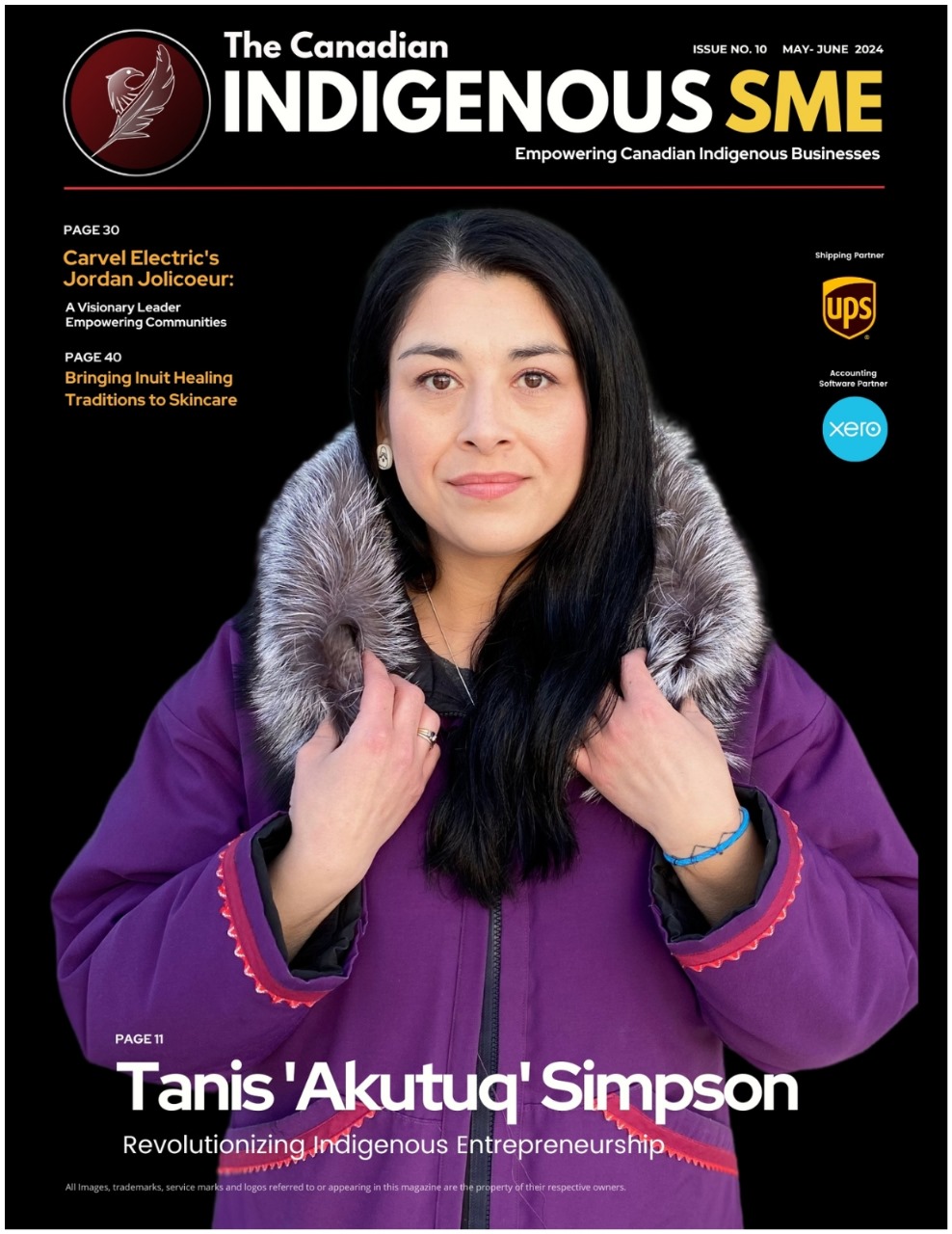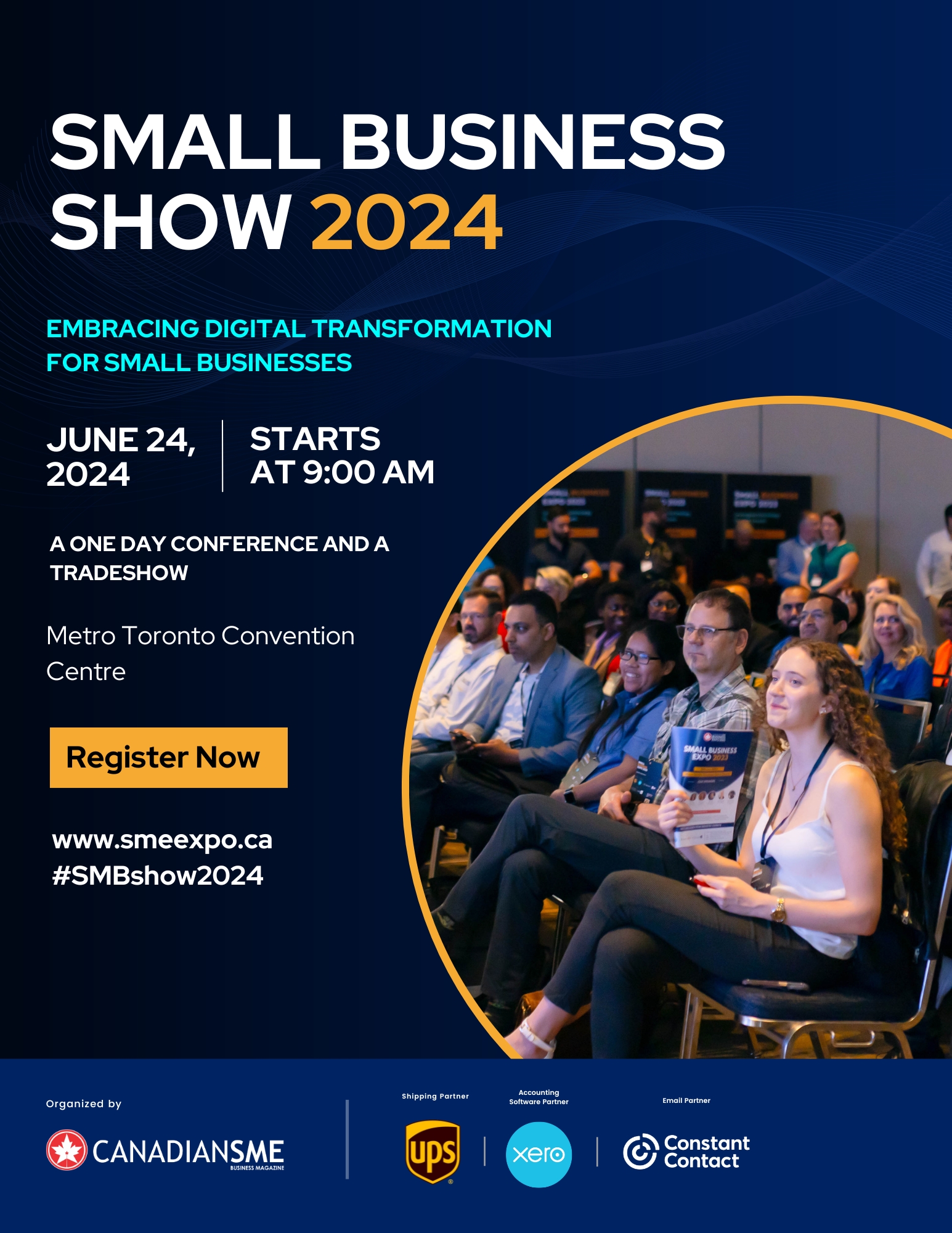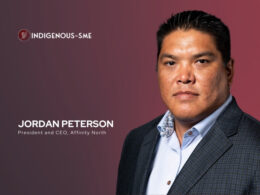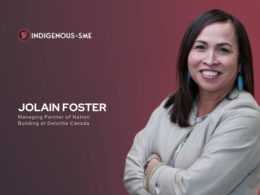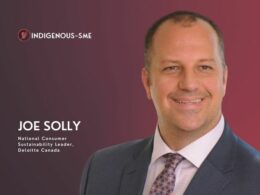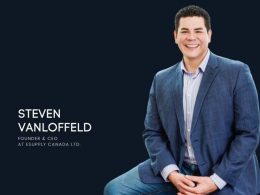In an interview with IndigenousSME Business Magazine, Chennoa Tracey, Project Coordinator at Great Plains Contracting, discussed her role in construction management, which involves project health & safety, client relationships, budgeting, and project quality. She started with smaller projects and now manages a multi-million dollar project with a focus on project controls and direct client collaboration. Her previous experience at Dias Geophysical Corp exposed her to induced polarization surveys and data quality control. Working with the Saskatchewan Research Council (SRC), she enhanced her technical skills in areas like SolidWorks, vibration analysis, and welded structures design. Chennoa also highlighted the challenges Indigenous individuals face when seeking employment and how programs like Indigenous Skills and Employment Training (ISET) can provide opportunities, emphasizing the importance of awareness and support systems in overcoming barriers. Her career journey underscores the significance of seizing opportunities aligned with personal interests and aspirations.
Can you share your experiences working as a Project Coordinator at Great Plains Contracting, an Indigenous partnership between File Hills QuAppelle First Nations Developments, Points Athabasca, and Graham Construction? What are some key aspects of your role and projects?
As a project coordinator I am in the project management stream of construction. This means learning and honing in on management skills and knowledge in all aspects of management. I’ve learned about construction health & safety, contract changes, client/owner and subcontract relationships, budget, schedule, and quality. Initially I was placed on smaller scale projects in which I was exposed to all of these at once, but am currently am working on a multi-million dollar project and am deep diving into the project controls area and reporting directly to client on project performance through team collaboration.
In your previous role with Dias Geophysical Corp, where you worked in the field, conducted daily safety meetings, and installed geophysical equipment, how did that experience enhance your knowledge of induced polarization surveys and data quality control?
I actually knew nothing about IP surveys prior to joining. All I knew is that the job required long days of hiking with a weighted bag, assembling and dismantling equipment in isolated areas. I was very confident that my education and ability to learn quickly would bridge that knowledge gap and make me successful. As for the data quality, I knew that there could be “noise” and bad readings while in the field, but only learned what that looked like and how to fix it while quarantined in my hotel room after becoming infected with the coronavirus. It was interesting to see what quality control looks like in different industries (ie construction vs. geological surveying).

You also had the opportunity to work with the Saskatchewan Research Council (SRC), where you honed your technical skills in areas like SolidWorks, vibration analysis, and welded structures design analysis. Could you provide us with more details about the specific projects you were involved in at SRC and how these projects contributed to your skill development?
SRC has an Applied Diamond Services team that extracts and sorts out kimberlite and macro-diamonds. I was part of their industrial team that helped design and do upgrades to both the equipment stands and access platforms associated with monitoring and maintenance of equipment. It was on these steel structures that I was able to study and apply similar design criteria and codes to other projects in the mining field that we worked on. I learned a great deal more from the hands-on experience with SolidWorks that I was able to while in university with competing workload.
Another neat project I worked on was working with additive manufacturing, more specifically, 3D printing with metals and testing new analysis software to see how well it correlated with real-world testing. This was probably the coolest, most innovative project I had as I was able to get a part made and test it until it failed. I was able to really focus on and hone in on my scientific research, design software, and communication skills.
What are some of the key challenges Indigenous people often encounter when seeking employment opportunities, especially in fields like project management and engineering, and how have these challenges influenced your career journey?
As someone who is usually perceived to be Caucasian over Metis/Indigenous I don’t think I encountered as many barriers as my Indigenous peers did. But between my experience and what I have learned from my peers it is usually the two things. First, not having that level of support system when you move away from home. Having to move out of a tight knit community and family-oriented home life is hard to adjust to. The sounds, the human traffic jams between classes on campus, and the intense rate of learning compared to high school was super overwhelming. I made sure to make friends quickly and build a new support system. Second, the lack of representation and not being able to see yourself on the same playing field as those most statistically seen in the STEM industry. It’s hard enough to adjust from living in a tight-knit community to alone in a bigger urban center, but not having any role model that you can relate to has a significant impact. Even having one family member in the field, however far removed, is enough to get someone interested or motivated to explore that option.

What role does the Indigenous Skills and Employment Training (ISET) Program play in addressing the challenges faced by Indigenous individuals in finding meaningful employment and skill development opportunities, and how has it shaped your own career?
I think it is a great way to show Indigenous individuals that there are opportunities and that they are wanted for those positions, however, it’s only good if they know about it. Looking back at my opportunities I see two instances where Indigenous programs have helped me obtain employment in fields that were actually relatable to my interests instead of something others told me I should do that might be comfortable and typical options. It’s all about taking advantage of whatever opportunities you can find for yourself, this one included.

